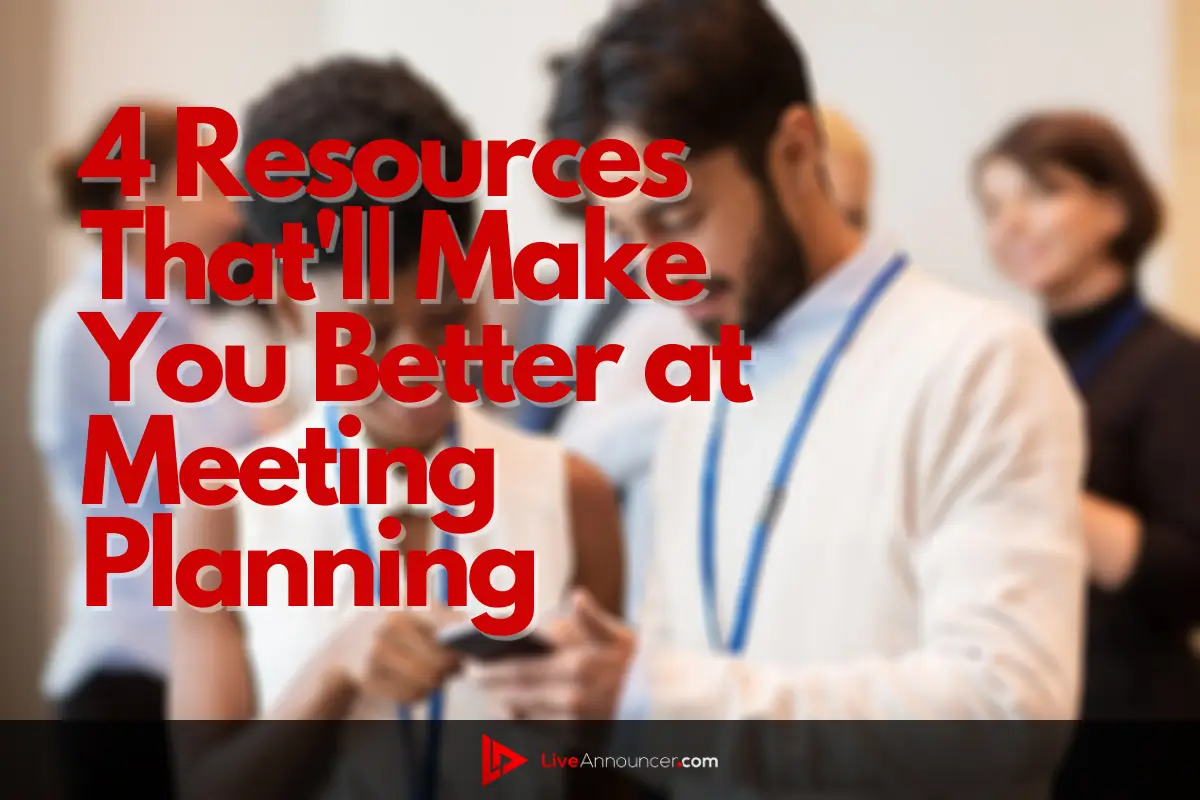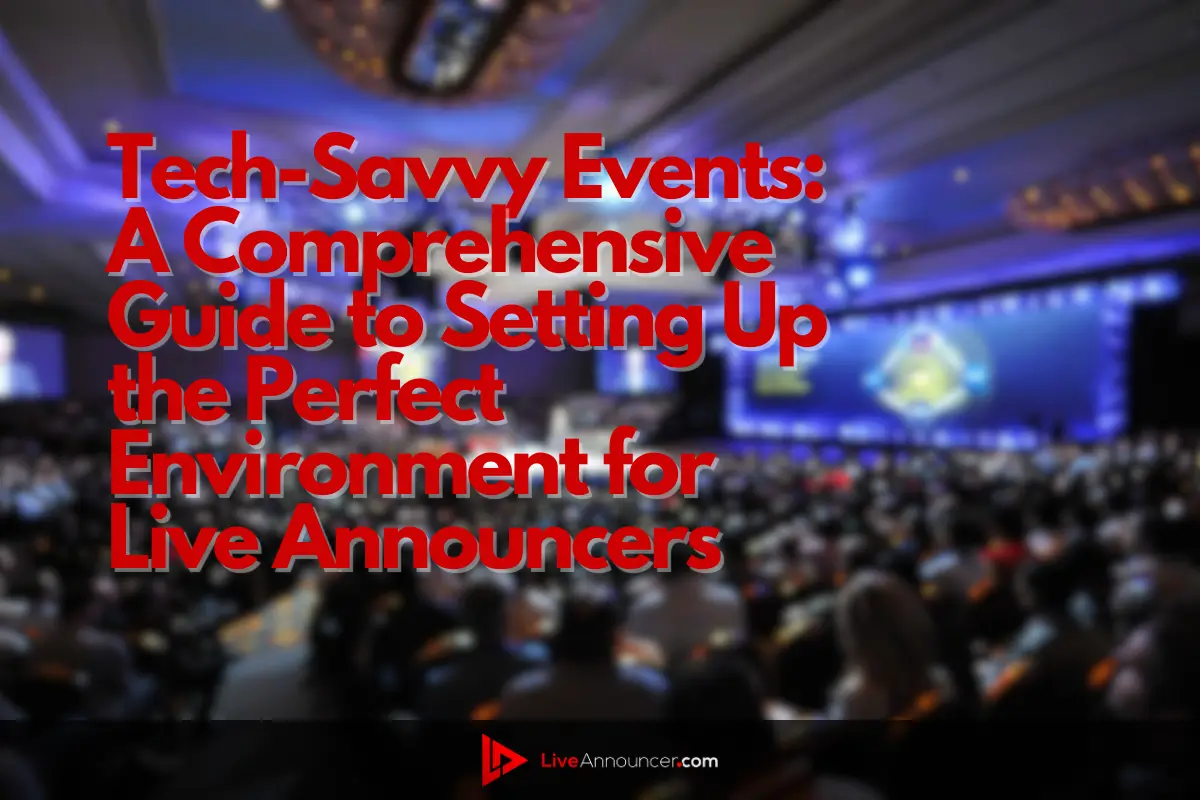
When it comes to meeting planning, there are a lot of moving parts. Furthermore, if you're not watchful, letting things fall between the cracks is easy. But, with the right resources, you can ensure that your meetings are well-organized and will run smoothly.
In this post, here are 5 resources that will make you better at meeting planning. From apps, to websites, to books; these resources will help you stay on top of your game and make sure that your next meeting is a success.
There are a number of different apps that can help you with meeting planning, from scheduling to note-taking.
1. OnceHub is an excellent app for scheduling meetings. It helps you find a time that works for both participants and sends out invitations with a calendar link. This meeting planner tool offers various options, and you can also personalize it.
2. Evernote is a perfect app for taking notes during meetings. You can easily capture ideas, meeting agendas, and minutes and access your notes from any device. This tool helps you handle the event production with ease. It also helps you organize events like weddings, birthdays, etc., with a budget list. This is the best party planner app.
3. Google Calendar is a great tool for managing meeting agendas and minutes. You can easily create and share calendars and add events to your calendar. For your events, you can also schedule meeting dates and appointments.
4. Doodle is a great app for scheduling group meetings. It helps you find a time that works for everyone and sends out invitations that include a poll so participants can vote on the best time. You can also perform experiential design with this app's help.
It's critical for meeting planners to understand their audience. You can more effectively prepare and carry out a meeting that fulfills their expectations if you know their requirements and desires. This includes everything from the location and format of the meeting to the food and entertainment.
You can conduct focus teams or a pre-meeting survey to know your audience better, which will help you fully grasp what they are seeking to accomplish throughout the meeting. You
can also look at past meeting surveys and feedback to understand what worked and what didn't.
You can begin organizing the meeting with a clear concept of your audience. This includes selecting a venue appropriate for the group, finding a live announcer and other presenters who will interest them, and arranging for food and entertainment that will be enjoyed by all.
Event management can be a lot of work, but, by taking the time to understand your audience, you can ensure that your meeting is a success. If you're looking for the best event planners, you should visit LiveAnnouncer. They will organize events and provide you with customized stage designs for an event.
A meeting requires planning. Without a plan, you are setting yourself up for failure. By planning, you can ensure that everyone is on the same page and that the meeting runs as smoothly as possible.
Make sure you create an agenda for your meeting and make it visible to all attendees. This will help keep the meeting on track and ensure that everyone is aware of the topics that will be discussed.
It cannot be easy to keep a meeting on track, especially if it's running long. That's where a timekeeper comes in handy, and they can keep everyone focused on the agenda and make sure the meeting wraps up on time.
If you're the timekeeper, be sure to set a time limit for each agenda item and keep track of the time. If the discussion starts to wander, gently steer it back to the agenda. And if the meeting is running long, let everyone know so they can adjust their expectations.
No one knows when an emergency will happen, so it's essential to always be prepared. That means having a backup plan in case of emergencies. If your primary plan falls through, you'll be glad you have a backup to turn to.
There are many different ways to create a backup plan. You can have a list of backup contacts or a list of places to go in case of an emergency. You can also have a bag packed with everything you need if you have to leave home quickly.
Whatever your backup plan is, make sure you practice it. That way, if an emergency does happen, you'll be ready to go.
Now that your meeting has adjourned, it's time to debrief. Take some time to reflect on what happened, and make a list of what went well and what could be improved.
Then, share this information with your team. This feedback will help everyone improve their meeting skills for next time.
With these helpful resources at your disposal, you can plan perfect meetings every time. So get started planning your next meeting today and see how much easier and more enjoyable the process can be!
No one enjoys planning or attending a meeting that's anything less than perfect. Luckily, there are plenty of resources available to help you plan the best meeting possible every time. Whether you're looking for tips on how to run an effective meeting or ideas for great meeting locations, these resources have you covered.



